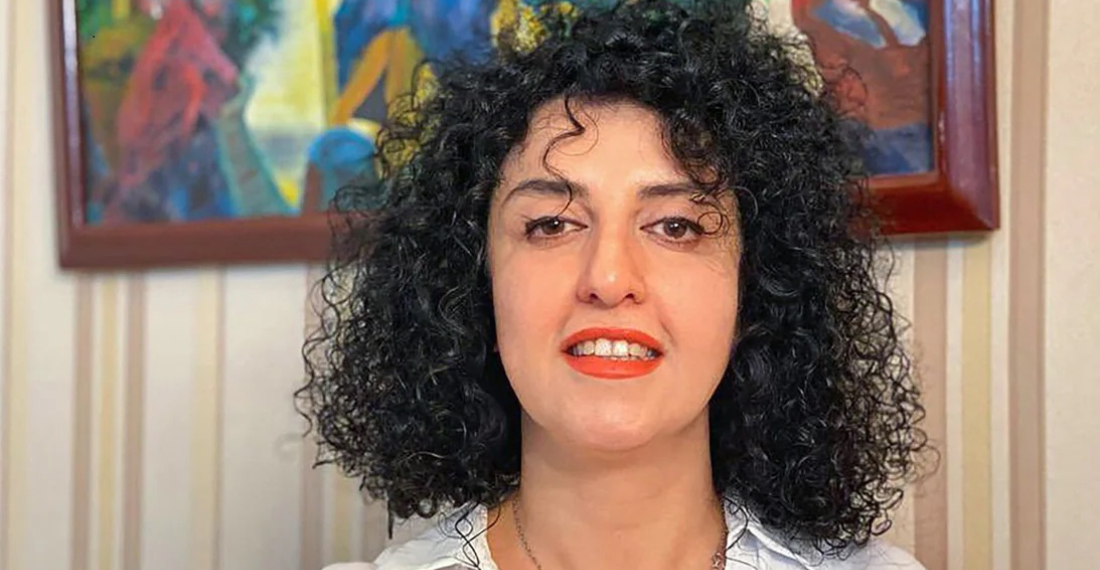The Nobel Peace Prize has been awarded to Iranian women's rights campaigner Narges Mohammadi.
The committee says she received the prize for her fight against the oppression of women in Iran and her efforts for promoting human rights and freedom for all.
Narges Mohammadi is an Iranian campaigner and deputy head of the Defenders of Human Rights Center, which was founded by fellow Nobel laureate Shirin Ebadi.
Mohammadi has received several jail sentences since 2011 and is currently being held in Tehran's notorious Evin prison for "spreading propaganda".
In awarding her the prize, the Nobel committee said Mohammadi's "brave struggle has come with tremendous personal cost".
"Altogether, the regime has arrested her 13 times, convicted her five times and sentenced her to a total of 31 years in prison," said Berit Reiss-Andersen, the head of the Norwegian Nobel Committee in Oslo.
Narges Mohammadi is "still in prison as I speak", she adds.






